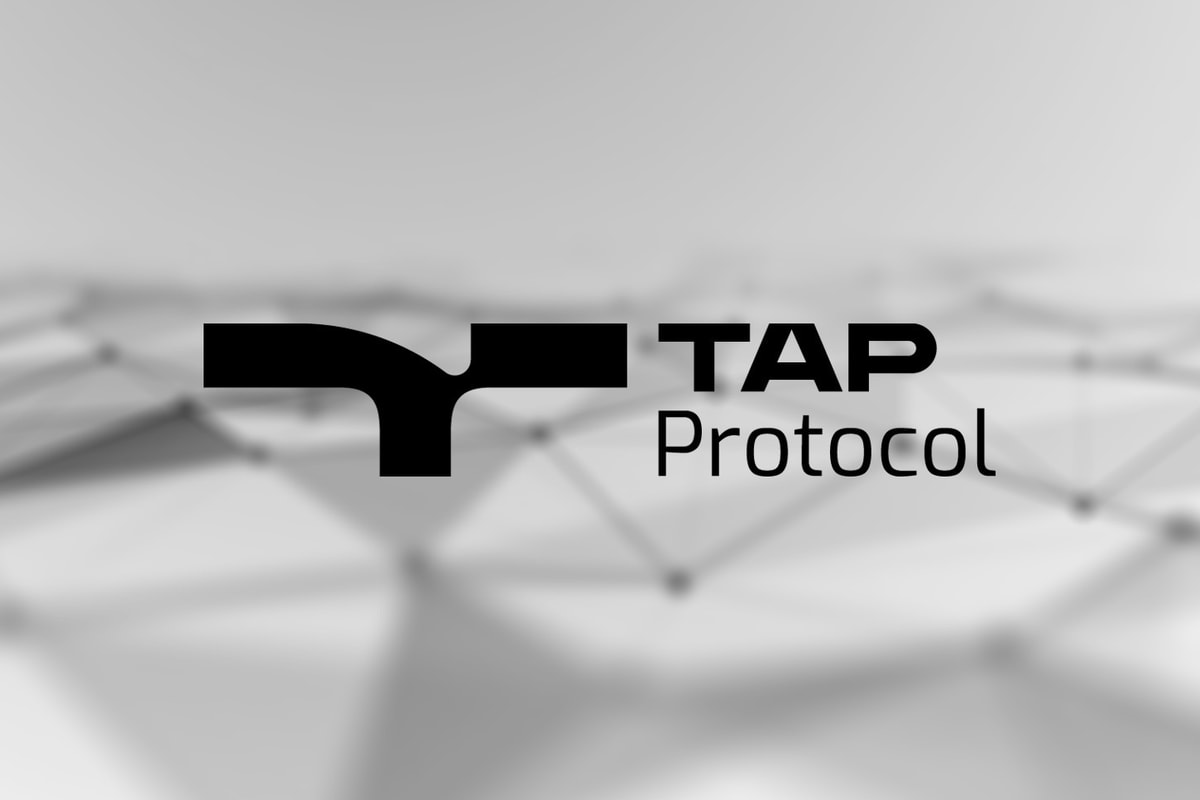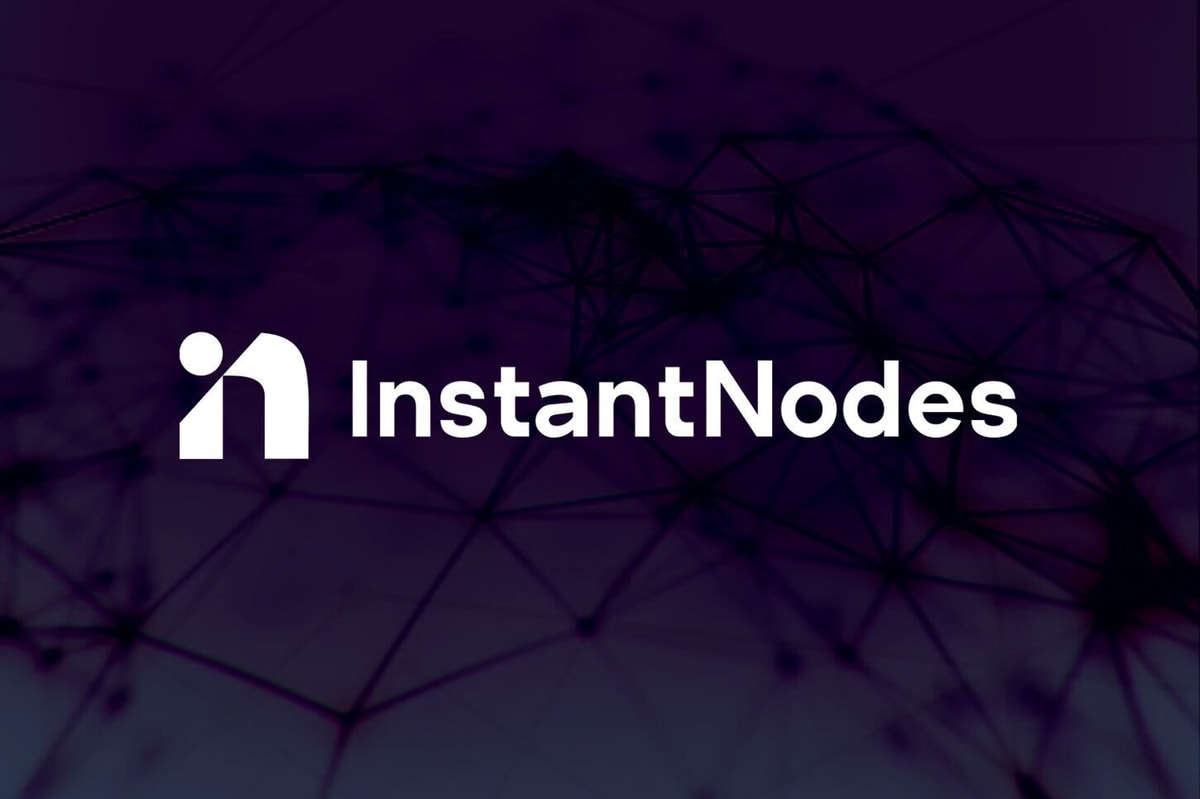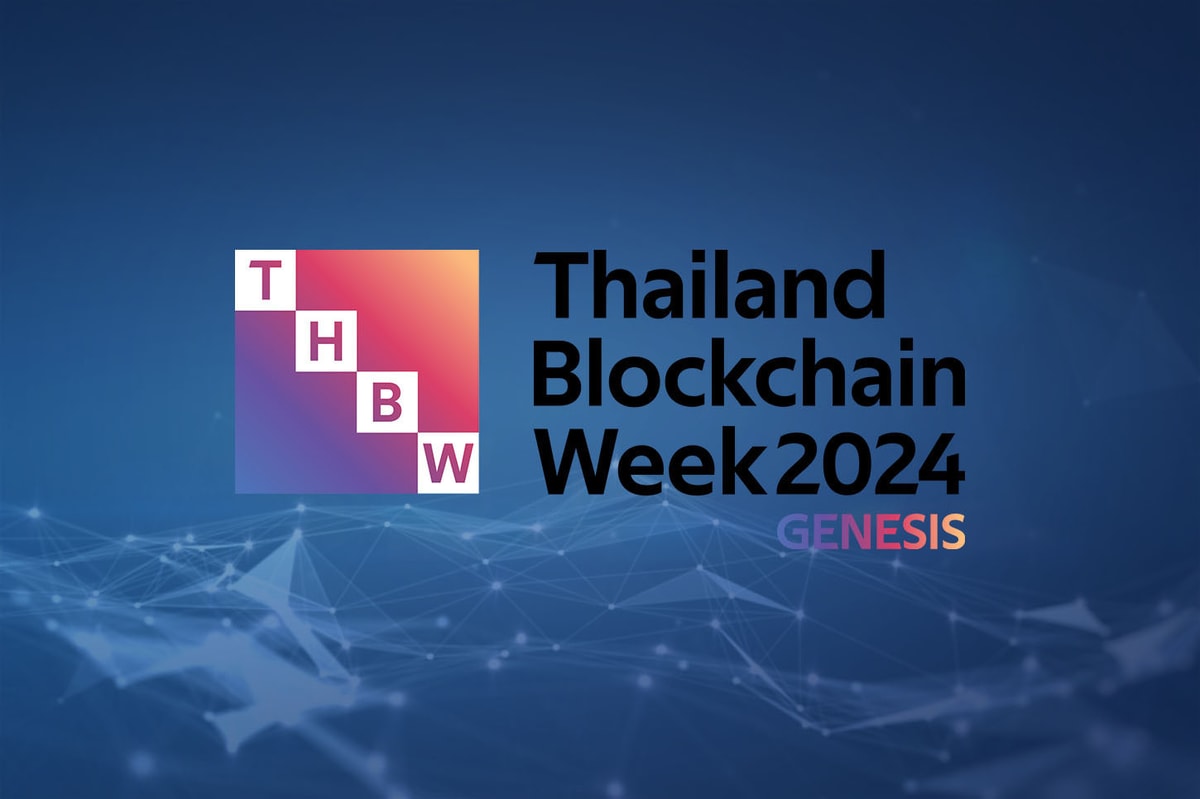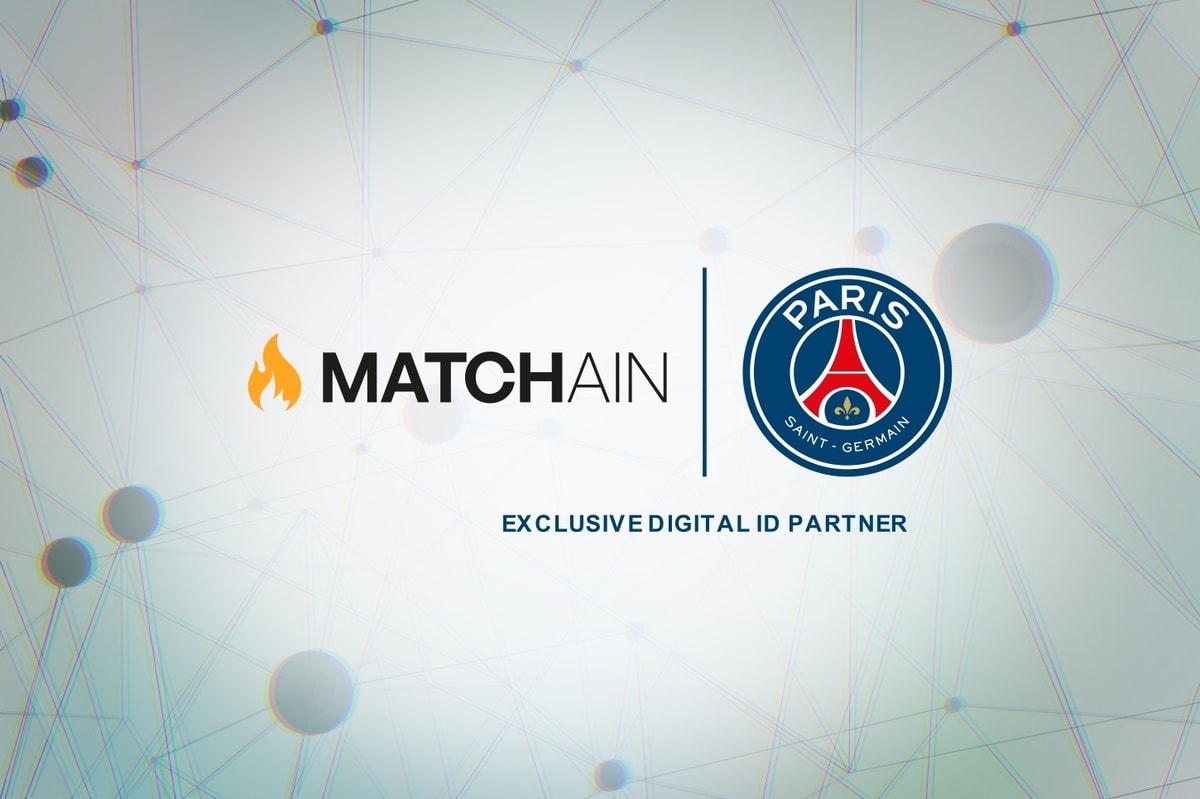
The world is on the precipice of a significant transformation with the advent of Web3 technologies, a revolution that has been brewing for years. While Web2 revolutionized how we interact online through social media and e-commerce platforms, Web3 is poised to take a giant leap forward by incorporating blockchain, decentralization, and token-based economies. However, adoption has been relatively slow in recent years. This press release delves into the reasons for this and showcases an innovative AI-powered job ecosystem, Work X, that bridges the gap between the traditional and decentralized job markets.
Navigating the challenges and rewards of Web3 adoption
The adoption of Web3 represents a distinct trajectory compared to traditional innovation adoption, primarily due to its underlying complexity and paradigm shift in how users interact with the digital world. Unlike conventional technologies, which often build upon existing platforms and user behaviors, Web3 introduces a fundamental shift towards decentralization, blockchain technology, and token-based economies. This shift necessitates a steeper learning curve for end-users and involves a significant risk management element, as it grants users greater control over their digital assets. While regaining control sounds appealing, not everyone is ready and capable of taking full responsibility for their security. In the event of lost access or a security breach, users cannot rely on a centralized third party to restore their digital assets.

A paradigm shift in job market dynamics
Commercial intermediaries have long played a crucial role in the economy by bridging the gap between supply and demand, facilitating transactions, and earning a commission for their services. However, technological advancements and globalization have significantly reduced these gaps, making it easier and more efficient for individuals to connect with each other directly. This does not mean that intermediaries are no longer valuable; their expertise and intuition can still prove highly valuable, particularly in niche industries with specific skill requirements. However, the traditional 30-40% commissions charged by job platforms like UpWork, Fiverr, or TopTal are unsustainable in this new era of reduced friction and enhanced technological capabilities.
The dawn of a decentralized job economy
Work X is revolutionizing the job market by creating the first fully decentralized job economy where individuals can collaborate without commercial fees or requiring blockchain or Web3 knowledge. Work X offers a dynamic cost-covering fee model that can scale down in costs due to learning effects and economies of scale and scope. The company's vision is to eliminate the inefficiencies and high fees associated with traditional job platforms, making it more accessible for both job seekers and employers.
Real-world token utility: Empowering users and developers
Work X's utility token, $WORK, plays a central role in the platform's operation. Users can use $WORK tokens to purchase job postings, access AI features, and participate in the platform's governance. This ensures that users are actively involved in the ecosystem and benefit from the platform's growth. In the background, Work X purchases back $WORK tokens from the market and redistributes them to developers, incentivizing them to maintain and innovate the platform. This mechanism creates a self-perpetuating cycle of growth and value for both users and developers.
Traction and future prospects
Work X has already made significant progress, with its $WORK token being listed on KuCoin and MEXC exchanges. The company is also onboarding 50+ Web2/TradFi corporates with over 1,000 employees each, demonstrating its ability to disrupt the traditional hiring and collaboration models.
Embrace the future of work with Work X
The future of work is here, and it's powered by Work X. By democratizing the job market and empowering individuals to take control of their careers, Work X is ushering in a new era of economic fairness and opportunity.











